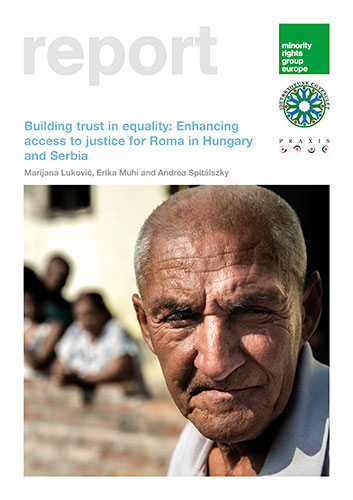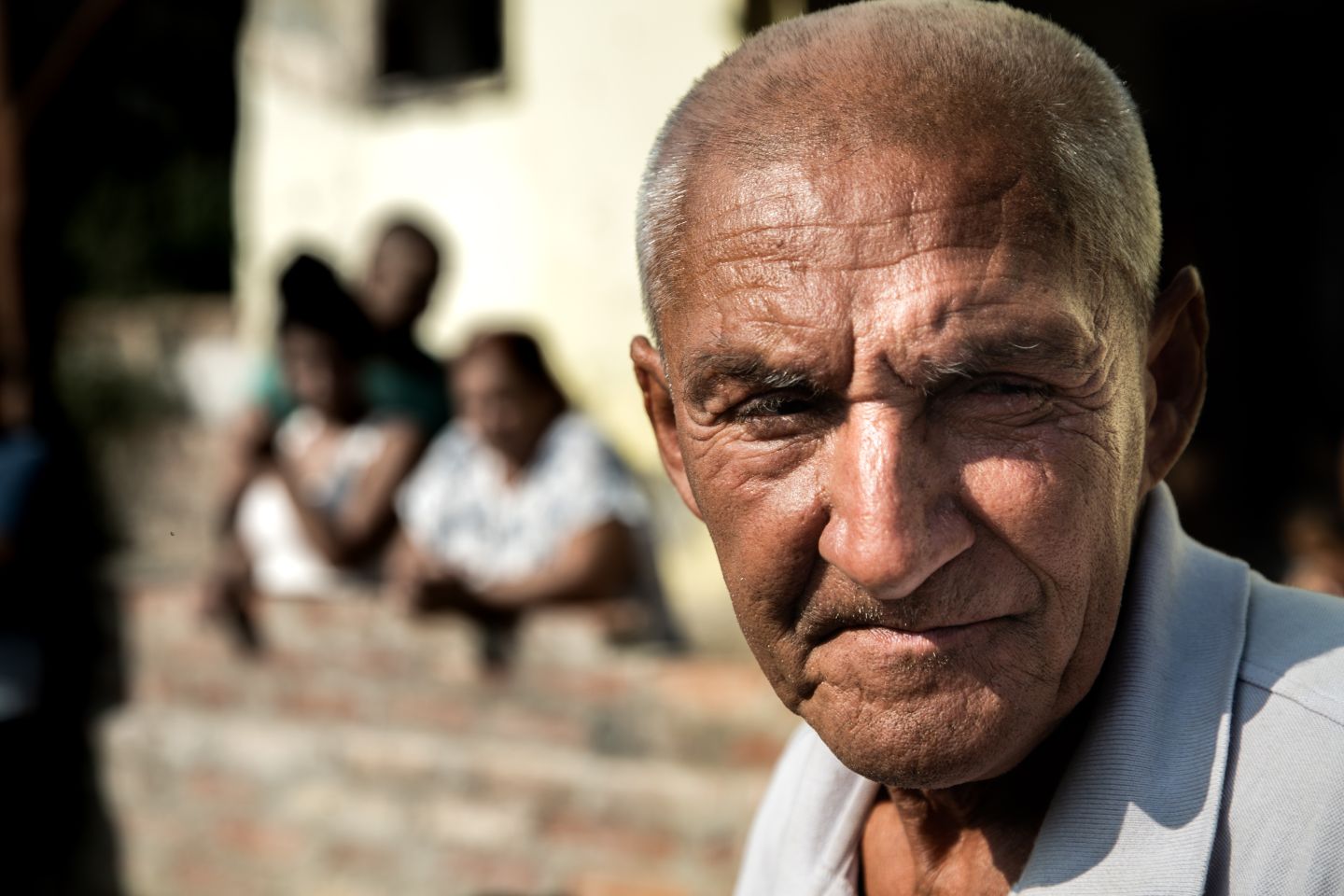
Building trust in equality: Enhancing access to justice for Roma in Hungary and Serbia
In Hungary and Serbia, Roma routinely experience discrimination, typically fuelled by negative attitudes and prejudices, in a variety of areas of their lives. Despite the high number of occurrences, incidents of discrimination typically go unreported, with Roma themselves often reluctant to file complaints out of fear of retaliation or because they lack faith in the effectiveness of the justice system. In both countries, Roma are in need of support since they often lack knowledge of the legal definition of discrimination and the remedies available for them to seek redress.
The purpose of this report is to summarize the outcomes of the field visits and legal work conducted in the framework of the ‘Roma Equality through Increased Legal Access’ (REILA) project. It presents the lessons learned from the fieldwork, based on mediators’ experiences, and compiles information about discrimination cases in both countries, including their resolution. It also maps how field visits and legal work contributed to raising awareness among Roma about their rights.
The legal work of the REILA project aimed to address the obstacles that Roma face in accessing justice, by raising awareness about their rights and the available legal remedies through mediators, and providing free legal counselling and support in reporting their cases to the national equality body. In this way, partners aimed to encourage Roma to engage with the national system of institutions established for protection against discrimination, to seek legal remedies, and to ensure that incidents of discrimination do not remain invisible. Furthermore, the project findings from these two countries can potentially be replicated in other European contexts where Roma face similar difficulties with regard to discrimination.

